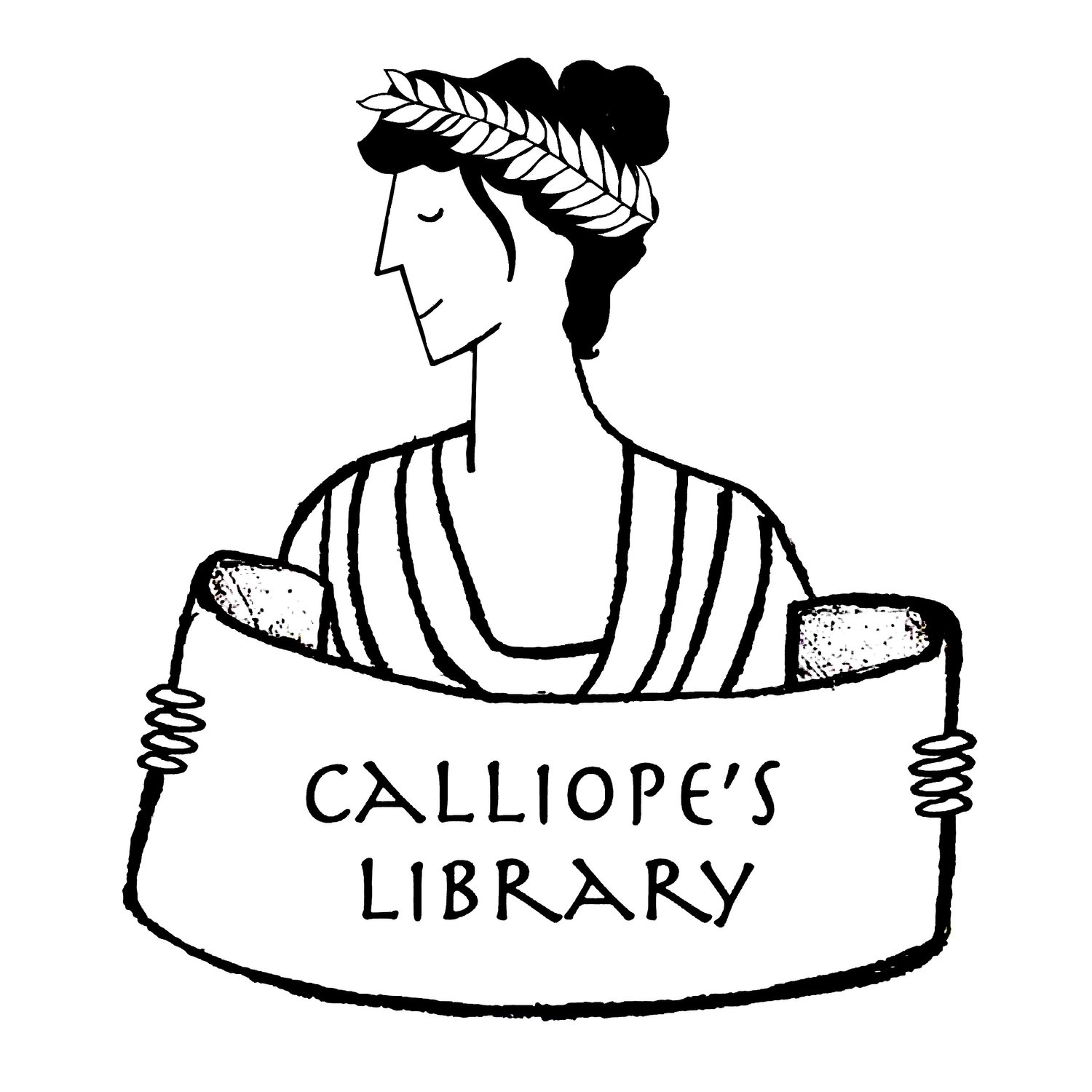Title: Herc: A Queer Greek Mythology Retelling
Author: Phoenicia Rogerson
Date: 2023
Tags: New Adult, Novel, Ebook, Audiobook, Mythology, Hercules, Ancient worlds, LGBTQIA+, English
Herc retells the myths of Hercules from the point of view of their many side characters. All of them. Author Phoenicia Rogerson has gone on record saying that she was long frustrated that all the retellings of myth left so much out, especially Hercules’ male love interests, so she decided to write the book that she always wanted. It’s a tall order. There are dozens of myths about Hercules from so many different sources that it’s basically impossible to create a coherent timeline of events with some chronological continuity. Rogerson wisely does not try. Instead, she takes a piecemeal approach, giving quick narrative short stories that move the reader around Greece over an indeterminate period of time. The only real marker of the passage of time is that the characters grow older, although exact ages are relative.
The novel is told in several dozen short chapters, all from the point of view of the many people who encounter Hercules in his itinerant Heroing. It’s a brilliant choice that allows many different characters to tell their own stories and build up a complex picture of Hercules over time. Megara gets to narrate her own death at Hercules’ hands, and the episode is given the weight it deserves. Other standout characters are Hylas, Ariadne, and Eurystheus. Hylas describes his love for Hercules in sensitive terms, although he is not blind to harm caused by Hercules’ destructive behavior. He understands Hercules’ flaws and his pain in ways that no other character can. Ariadne meets Hercules after her marriage to Dionysus. She’s got a chip on her shoulder the size of Naxos and a divine husband to back her up. Eurystheus is a self-righteous prig, who treats even the people he respects with the most inventive and entertaining disdain, yet he is also the loving family man that Hercules fails his whole life to be.
The language is very contemporary British and may be off-putting to readers who expect something more epic in tone. Commentators have described it as reminding them of the TV show Drunk History. I’d recommend it to anyone else, though. The tone might be colloquial, but the scope is sweeping. It’s a great read for anyone who expects everything out of their mythic retellings. -- Krishni Burns


